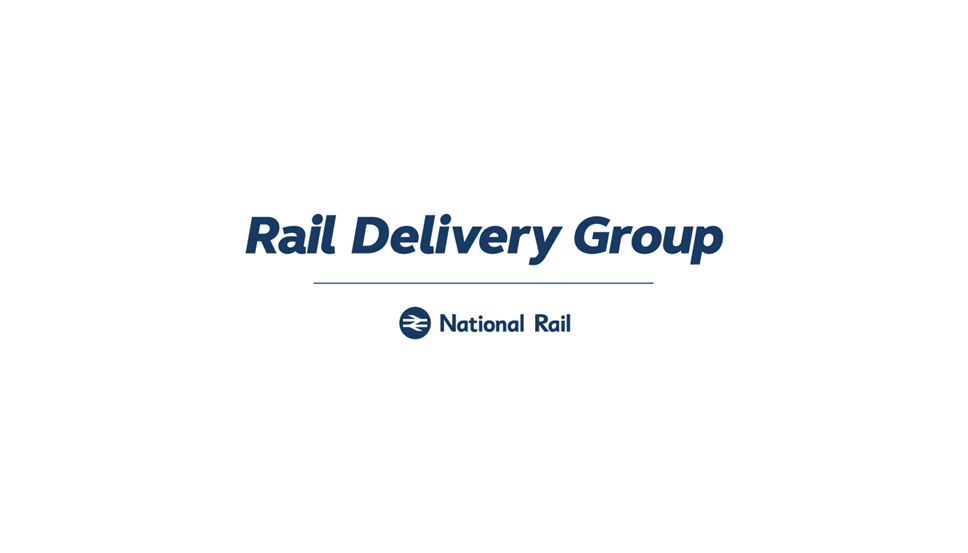
The rail industry makes offer to ASLEF to drive up performance for passengers
Train operating companies have offered the ASLEF drivers’ union a landmark outline proposal that would deliver more reliable services for passengers, in exchange for a pay increase of 4 plus 4 percent over two years covering the 2022 and 2023 pay awards, backdated to the relevant pay anniversary. It also includes a commitment to no compulsory redundancies until at least 31 March 2024.
The offer is contingent on common sense, vital and long overdue changes to working arrangements across the industry. Many of these are already best practice in parts of the railway and are designed to avoid disruptive gaps in services. If accepted, the proposal would mean the base salary for the average driver would increase from £60,000, to almost £65,000 by the end of 2023.
Proposed changes include a Sunday Commitment Protocol, whereby drivers who are rostered to work a Sunday shift are contractually committed to doing so, unless alternative cover can be found. The change is vital in a post-covid world which has seen leisure travel – currently at 116% of pre-covid levels on Sundays - recover far more strongly than commuter and business travel.
In addition to making services more reliable on Sundays, the proposal:
- Reduces the time it takes to train safe and competent drivers through better use of technology, allowing more drivers to join the workforce more quickly and building resilience in the network;
- Changes the method for learning new routes, from being based on a fixed amount of time, to being assessed based on individuals’ skill levels, in most cases allowing drivers to adopt new routes far more rapidly to help plug gaps in service;
- Allows competent and trained managers to drive trains during disruption – this is not possible in the majority of cases due to current outdated working practices;
- Gives train companies back the ability to move drivers between depots where there are gaps due to sickness or absence, which cause cancellations or delays for passengers, particularly during disruption;
- Puts the control of staff work and training schedules back in the hands of the employers, who are accountable for ensuring they are optimised to run the best possible service for passengers.
The proposal also opens the door to a more diverse workforce by introducing part-time contracts and more flexible scheduling arrangements. It looks to address many inefficient and arcane practices that have long since been phased out of modern workforces, such as extra payment for the use of existing and new technology such as tablets and smart phones.
Taken together, the measures included in the proposal mark a generational shift between the railway being producer-led to being customer-focused.
According to Rail Delivery Group figures:
- The mean average train driver salary across the network is £60,055 which compares with £44,985 ten years ago. This compares with:
- Rail sector employee median salary: £44,000
- Nurse median salary: £31,000
- UK full-time worker median salary: £31,000
- Care worker median salary: £21,000
- The average driver salary has increased by more than a third – 34% - in the past decade.
Steve Montgomery, chair of the Rail Delivery Group, said: “This is a fair and affordable offer in challenging times, providing a significant uplift in salary for train drivers while bringing in common-sense and long-overdue reforms that would drive up reliability for passengers and allow the railway to adapt to changed travel patterns.
“With taxpayers still funding up to an extra £175 million a month to make up the shortfall in revenue post-covid, these changes are also vital for us to be able to fund the pay rise our people deserve.
“Instead of staging yet more damaging strike action and holding back changes that will improve services, we urge Aslef to work with us to bring an end to the dispute for our people, our passengers and the future of Britain’s railways.”
Employers tabled the draft proposal to set out national principles which, if accepted by ASLEF, would shape local implementation negotiations between each train operator and local representatives.
